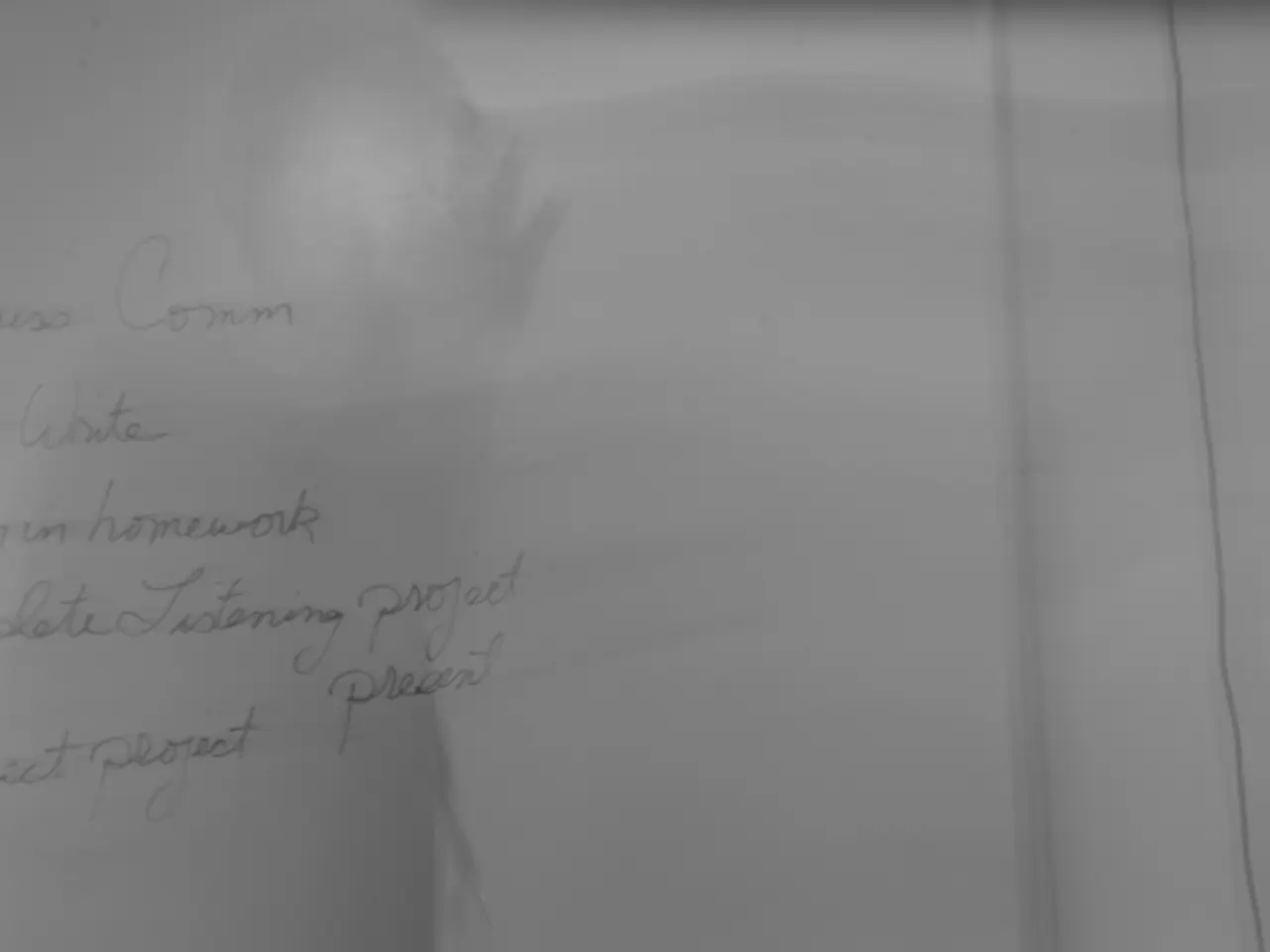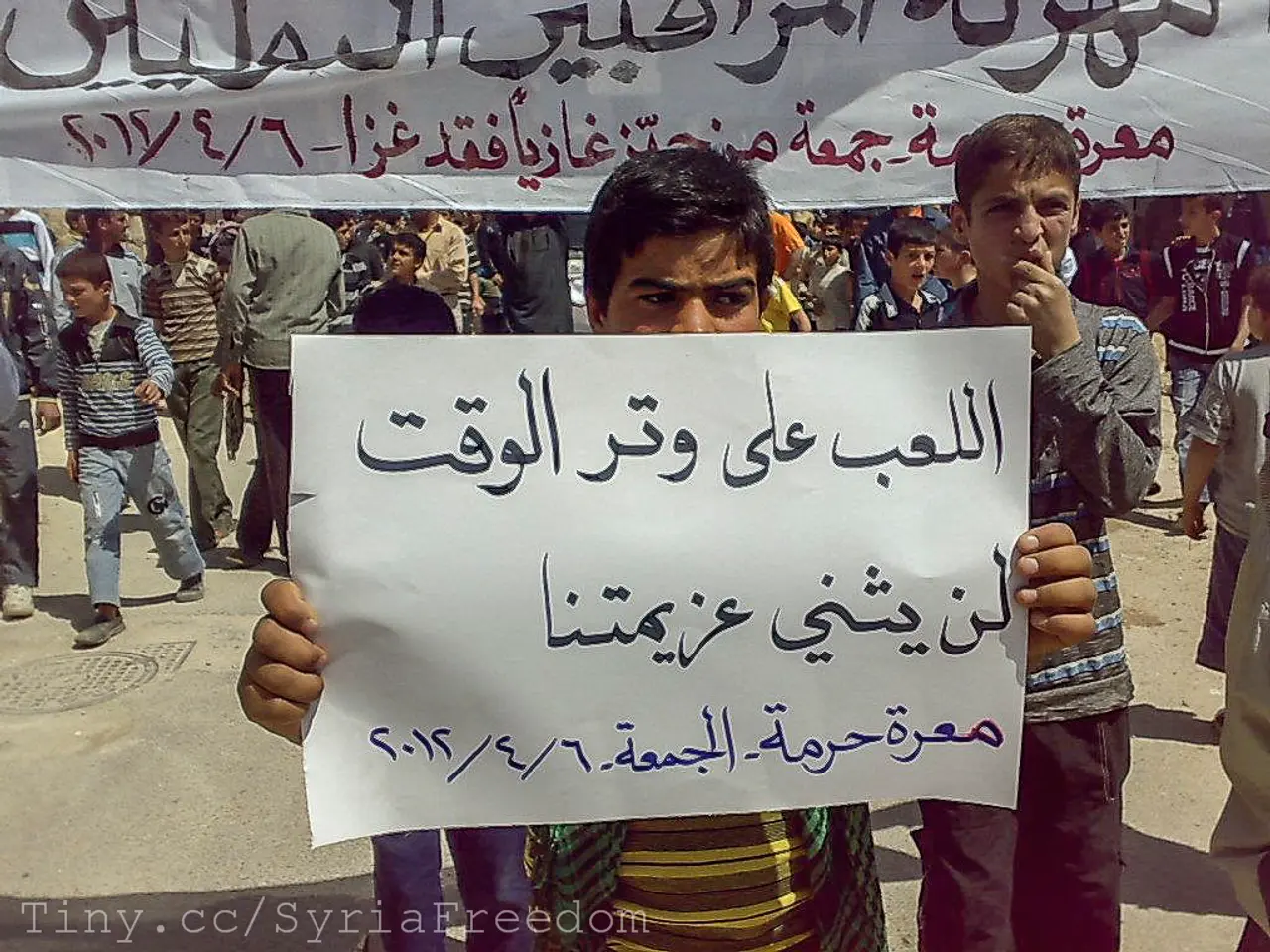Police Violence: The Horrifying Account of Rajan's Ordeal in a 1977 Emergency
In the aftermath of the Emergency period (1975-1977) in India, a significant legal battle unfolded in the state of Kerala. At the heart of this struggle was P. Rajan, a final-year engineering student at the Regional Engineering College (now NIT) Calicut, who disappeared under mysterious circumstances in police custody.
The saga began in February 1976 when a Naxalite attack on a police station near Kozhikode led to a manhunt. During this operation, Rajan, a seemingly innocent bystander, was arrested near the college campus. His whereabouts became unknown, sparking concerns among his family and friends.
His father, T.V. Eachara Warrier, a professor, reported his son missing to the authorities and later filed a habeas corpus claim in the high court of Kerala on March 26, 1977. This was a landmark moment, as it was the *first habeas corpus suit filed in Kerala after the Emergency was lifted*, shedding light on police excesses and custodial deaths during that period.
The case revealed that Rajan had been subjected to torture during questioning and ultimately died in police custody. His body was never recovered. The revelations shocked the nation, bringing attention to police brutality and the misuse of power during the Emergency.
Warrier's relentless pursuit of justice aimed to expose the truth behind his son's disappearance and death, which was initially covered up. His struggle had wide-reaching consequences, including the ouster of the then Kerala Chief Minister due to the case's adverse verdict.
The case served as a poignant reminder that those tortured were human beings with families. It inspired a book, Memories of a Father, written by T.V. Eachara Warrier, and a film, highlighting the case and the abuses of the Emergency era.
Today, the outcome of this historic habeas corpus case stands as a landmark in seeking justice against forced disappearances and custodial deaths. It shines a light on state repression and underscores the importance of judicial recourse in protecting human rights.
[1] Reference for the historical context and legal details of the case. [2] Reference for the impact of the case and its legacy.
- Forensic science played a crucial role in shedding light on the brutal treatment and subsequent mysterious death of P. Rajan within the confines of criminal law, as the lack of his body and the evidence of torture led to a detailed investigation.
- The unfolding of the P. Rajan case during the post-Emergency period in India also had significant repercussions in politics, as the adverse verdict led to the ouster of the then Kerala Chief Minister, highlighting the importance of upholding human rights and accountability in governance.
- The general news media, crime-and-justice sectors were abuzz with discussions and debates on the P. Rajan case, as it marked a turning point in custodial deaths awareness and shed light on the gravity of war-and-conflict situations, where civil liberties can easily be compromised.






